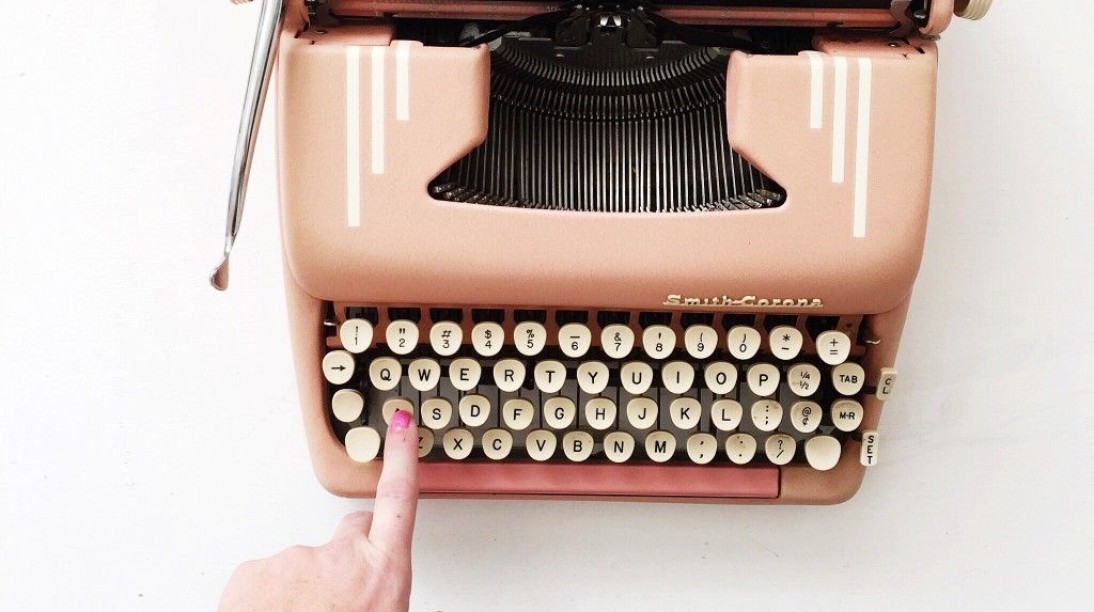Welcome to The Edit

A series on good writing
The first in a series of blogs on language and communications where we examine the good, the bad and the ugly of modern writing – with a few clues on making it better.
The good...
Avoid clichés like the plague. It’s an old line that’s a cliché itself. But something interesting happens when a well worn image insinuates itself into the language.
Take the word “baggage”. Once it was a fresh image to liken “accumulated problems from past experience” to suitcases and other luggage. Then it became a cliché and finally it was so well established that it simply became a secondary meaning of the word baggage, listed in its own right in the dictionaries. That’s when you can start to reuse it as an image.
So the Highbrook team liked this description by David Walsh in The Sunday Times of the beleaguered Jose Mourinho:
“He came to Manchester United with so much baggage you half expected to see two pack mules walking just behind him.”
And better still if you can shape a dead metaphor, such as “herds” and “stampedes” for a lot of people, into a truly fresh and witty image. Try this from The Times’s Robbie Millen:
“One of the most dangerous places in the world is the space between a free buffet and a herd of novelists. Many underpaid scribblers, strangers to royalty cheques, are so semi-crazed by hunger that a whiff of a Scotch egg can cause a stampede.”
...the bad...
Metaphors are tricky. Here’s the Telegraph’s supremely well informed but excessively excitable Ambrose Evans-Pritchard: “Fitch Ratings has warned that global bond markets face a rude shock as the Federal Reserve jams on the brakes to avert overheating with grave implications for inflated asset prices across the world.”
But jamming on the brakes, as any motorist knows, is more likely to cause overheating than avert it, so the image is neither fresh nor helpful. Shocks are almost always rude and implications too often grave. So four clichés in one sentence — that’s inflationary in itself.
The Telegraph isn’t the only place that can overdo it with the imagery.
The Standard’s Anne McElvoy painted this startling picture of European politics: “An Italian crisis sparked by a government preaching easy solutions to stagnation… is a recipe for disruption. Add to the fissile mix the French presidency under Emmanuel Macron. It has hit early doldrums … Now a pot-boiling biography… cites rumours…”
Highbrook will award a prize to the person who can find the most metaphors in this delightfully effusive piece.
... and the ugly
Is there a more annoying tic in contemporary writing than interjecting “well” or even “er” as a pay-off? The usually elegant Dominic Lawson writes in The Sunday Times: “The principle of caveat emptor cannot be entirely extinguished, or we would be living in a world where businesses would be forced to treat all their customers as if they were helpless infants. Which would be, well, infantilising.”
Maybe this once gave a feeling of down-with-the-kids vernacular or perhaps writers feel it adds pace or bathos to a line. Now it’s become so familiar that it adds nothing at all. It’s just really, um, irritating.
If you want to see how to vary pace and use bathos, here are a lovely couple of sentences from Victoria Segal’s review of a new John Lennon biography: “[After Lennon’s death] He was cast as an avant garde freedom fighter and spiritual dreamer. Paul McCartney, meanwhile, survived to write The Frog Chorus.”
Elegant variation was the term coined by HW Fowler for straining to avoid repetition. It’s rarely necessary. In one short news report in The Sunday Telegraph, Unilever was “the Marmite-maker” “the consumer goods giant,” and “the Domestos and Ben & Jerry’s owner” (that last one a particularly unfortunate combination). I suppose we should be grateful we didn’t get the “near Blackfriars Bridge, Art Deco-masterpiece headquartered conglomerate”. But really, it’s Unilever: readers probably recognise the name.
Besides, repetition is nothing to be scared of, especially when it’s done as neatly as in this sentence about the Skripal affair by Ben Macintyre, of The Times:
“Last month Russian scientists discovered a hole in its Soyuz spacecraft; the gaping holes in Russia’s spycraft are even more humiliating.”





